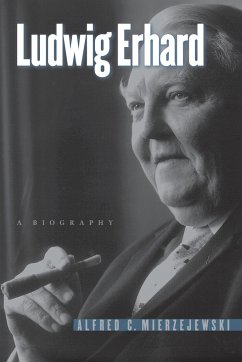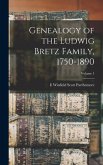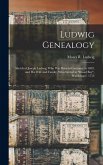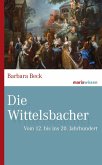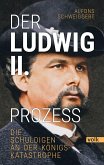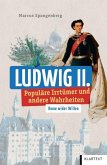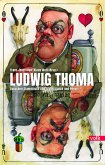In the first English-language biography of one of the most important figures in postwar German history, Alfred C. Mierzejewski examines the life and service of Ludwig Erhard (1897-1977), West Germany's first minister of economics and second chancellor. Erhard liberalized the German economy in 1948 and is generally considered the father of West Germany's "economic miracle--the period of extraordinary growth in jobs and improvement in the standard of living in the 1950s that helped stabilize Germany's first successful democracy. While recent scholarship has dismissed Erhard's influence on Germany's economic recovery, Mierzejewski returns to little-cited German analyses and Erhard's own record and concludes that Allied currency reform and Erhard's liberalization of the economy were crucial triggers for Germany's unprecedented economic boom. Mierzejewski provides insight into Erhard's policies, his ideas, his character, and his relationships with Konrad Adenauer and Charles de Gaulle. By offering a fresh account of Erhard's career as a leader in postwar West Germany, Mierzejewski provides a deeper understanding of Germany's economy as well as its democracy.
Hinweis: Dieser Artikel kann nur an eine deutsche Lieferadresse ausgeliefert werden.
Hinweis: Dieser Artikel kann nur an eine deutsche Lieferadresse ausgeliefert werden.

